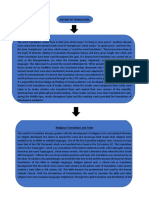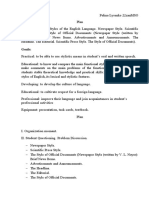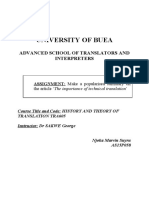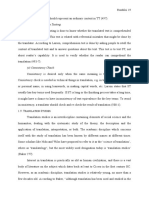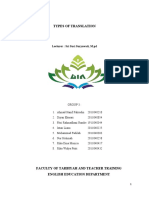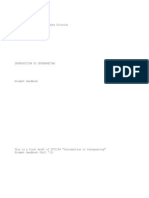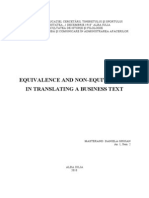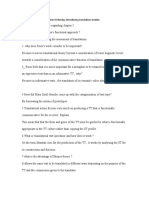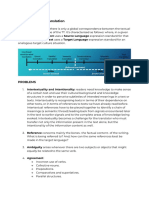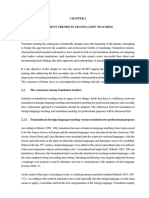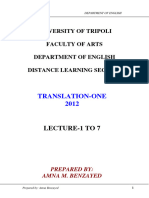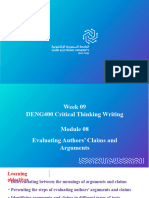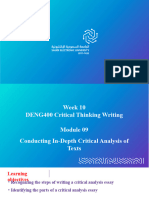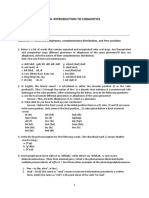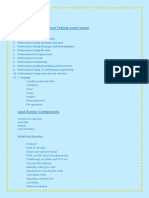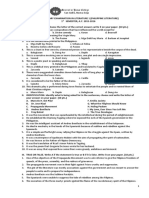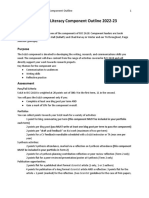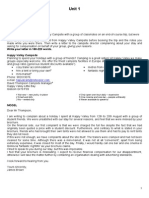0% found this document useful (0 votes)
293 views19 pagesTranslation Ethics and Morals Powerpoint Presentation
1) The document discusses translation ethics and social responsibility, focusing on how translations can impact people's lives and how translators are ethical agents that shape societies.
2) It examines issues of social responsibility in academic contexts and how translation relates to development studies, ecology, and migration.
3) Key issues discussed are promoting social responsibility as a dynamic feature of translation, questions around normative authority for professionals, and how translation can enhance social and procedural justice for vulnerable groups.
Uploaded by
alfhind8Copyright
© © All Rights Reserved
We take content rights seriously. If you suspect this is your content, claim it here.
Available Formats
Download as PPTX, PDF, TXT or read online on Scribd
0% found this document useful (0 votes)
293 views19 pagesTranslation Ethics and Morals Powerpoint Presentation
1) The document discusses translation ethics and social responsibility, focusing on how translations can impact people's lives and how translators are ethical agents that shape societies.
2) It examines issues of social responsibility in academic contexts and how translation relates to development studies, ecology, and migration.
3) Key issues discussed are promoting social responsibility as a dynamic feature of translation, questions around normative authority for professionals, and how translation can enhance social and procedural justice for vulnerable groups.
Uploaded by
alfhind8Copyright
© © All Rights Reserved
We take content rights seriously. If you suspect this is your content, claim it here.
Available Formats
Download as PPTX, PDF, TXT or read online on Scribd
/ 19
